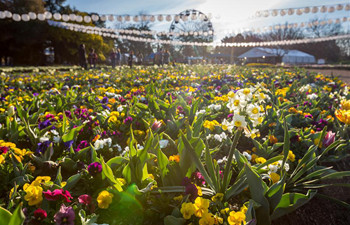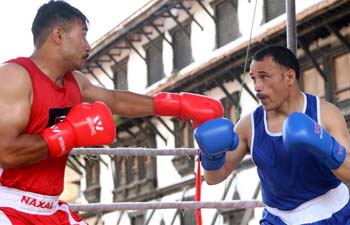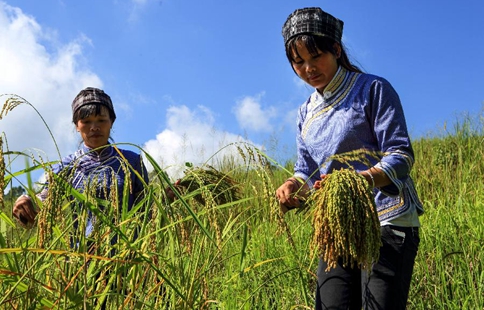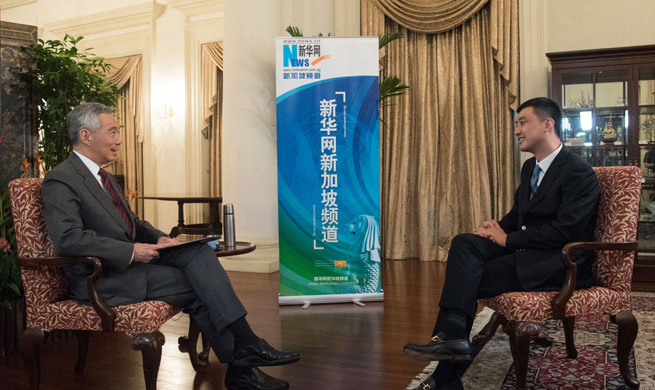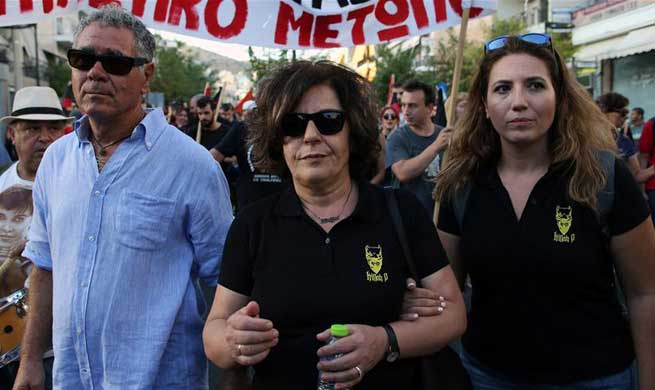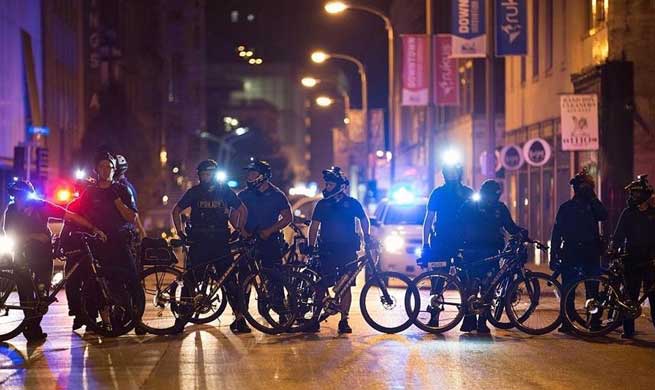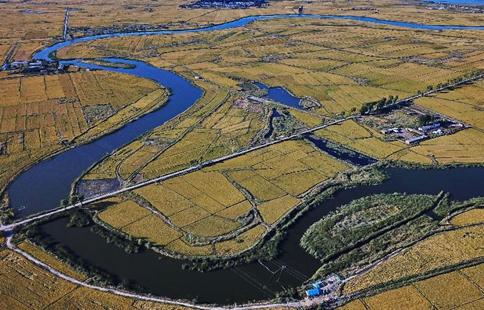KATHMANDU, Sept. 19 (Xinhua) -- The conclusion of the final phase of local polls, the first in nearly two decades, in Nepal has greatly helped to smooth implementation of the new constitution adopted by the Parliament in September 2015, Speaker of the Parliament Onsari Gharti said on Tuesday.
Tens of thousands of people took part in the local polls on Monday held in Terai region of Nepal, close to the border with India.
"By holding the third round of local polls yesterday, we have accomplished an important step to implement the new constitution," the parliament speaker said.
She hoped that the provincial and parliamentary elections later this year will be a great achievement for the country's prolonged transition that began in 2008 after the country became federal republic after abolishing the 240-year monarchy.
People voted for their candidates during the one-day elections conducted from 7:00 a.m to 5:00 p.m. local time on Monday in 136 local units of eight districts of province 2 in the Terai region.
A total of 37,236 candidates are in the fray, the election commission said.
The final phase of local elections will elect 6,627 representatives. There are one metropolitan city, three sub-metropolis, 73 municipalities and 59 rural municipalities in the province 2 in southern Nepal. As many as 60,000 police were deployed to ensure security during the elections.
The voter turnout was around 73 percent, according to the election commission.
"We have held elections successfully in a very peaceful manner with the encouraging number of people who voted for their candidates with full of enthusiasm," Chief Election Commissioner Ayodhi Prasad Yadav told a press conference on Monday.
The third round of elections has been postponed twice due to agitation launched by Terai-based ethnic parties who were opposing the new constitution.
The province 2 was a flashpoint of months-long agitation launched by some regional ethnic parties in protest of the new constitution promulgated in September 2015 seeking changes in the constitution.
They claimed that the national charter was discriminatory for them.
Earlier similar elections were held in provinces 3, 4 and 6 on May 14 and in provinces 1, 5 and 7 on June 28.
The last local representatives were elected in 1997.
The local polls are part of the final step in the peace deal that ended a 10-year civil war in 2006, and paved the way for provincial and general elections later this year.





